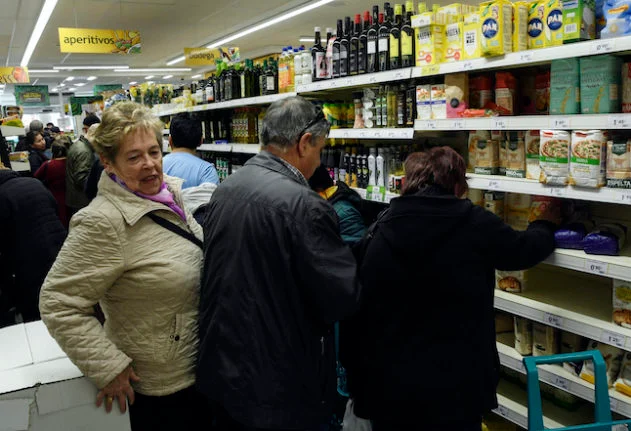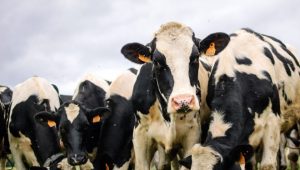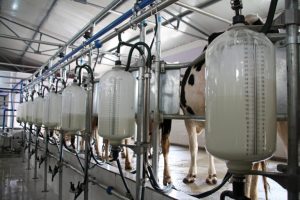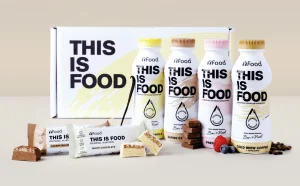
According to the data, published this Friday by Spain’s National Statistics Institute (INE), 2022 closed with a year-on-year variation in food prices of 15.7 percent.
It also revealed that inflation was at 5.7 percent, confirming declines for the fifth consecutive month from the peak of 10.8 percent registered in July, to its lowest figure since November 2021.
“It is very good news that inflation, in general, has dropped by five points in five months”, the first vice president, Nadia Calviño said.
This is primarily due to the drop in the prices of fuel for heating, as well as the fact that the electricity price didn’t rise as much as it did in the same month of 2021.
At the same time, however, the price of food grew by 15.7 percent in the last month of the year, its highest interannual rate since records began. At the beginning of 2022 food prices had only risen by 4.8 percent.
The foods which have increased in price the most are sugar and butter, which have risen by 50.6 percent and 42.3 percent respectively, compared with a year ago.
Approximately thirty different types of foods are now 10 percent more expensive than they were a year ago.
These include dairy products such as cheese, yogurt and milk with respective price increases of 22.1 percent, 25.1 percent and 37.5 percent.
Other products such as olive oil and eggs have become more expensive, rising by 35.2 percent and 29.8 percent compared to a year ago.
Rice (+21.7 percent), pasta (+19 percent), bread (+15.4 percent), breakfast cereals (+11.4 percent) and coffee (+10.5 percent) also rose in price since last year. Vegetables in general, fresh and frozen too increased by more than 10 percent.
Meat and fish have also soared in price. Specifically, chicken and turkey which have increased by 15.1 percent followed by pork (+13.8 percent) and beef (+13.2 percent). Frozen fish also went up by 13.2 percent and shellfish by 13.4 percent.
The second vice president of the government, Yolanda Díaz, said on Friday that it is becoming an “impossible” mission for a family to be able to afford their weekly shopping.
“Given the inflation data, in some sectors such as food, it is clear that there is someone here who is getting rich,” she added.
She said the government must continue “working” and implementing new measures to get food costs to decrease. Whenever the government has become involved such as in the energy market, this reduction has been achieved, Díaz said.
Companies cannot “continue to increase their profits at the expense of workers,” she concluded.
Reduction in VAT
A reduction in the price of VAT from four to 0 percent was implemented on basic food items on January 1st 2023, including bread, milk, eggs, cheese, fruit and vegetables, and cereals.
VAT on oil and pasta was also reduced from 10 percent to five percent, however, it does not affect some of the most expensive foods and those that have gone up the most such as meat, fish, yogurt, sugar and butter.
Speaking in response to the historic December rise in food costs, the general secretary of USO, the Spanish trade union said: “We hope that the measure to exempt basic foods from VAT is being monitored and the drop in prices is not diluted in the chain of intermediaries”.

























